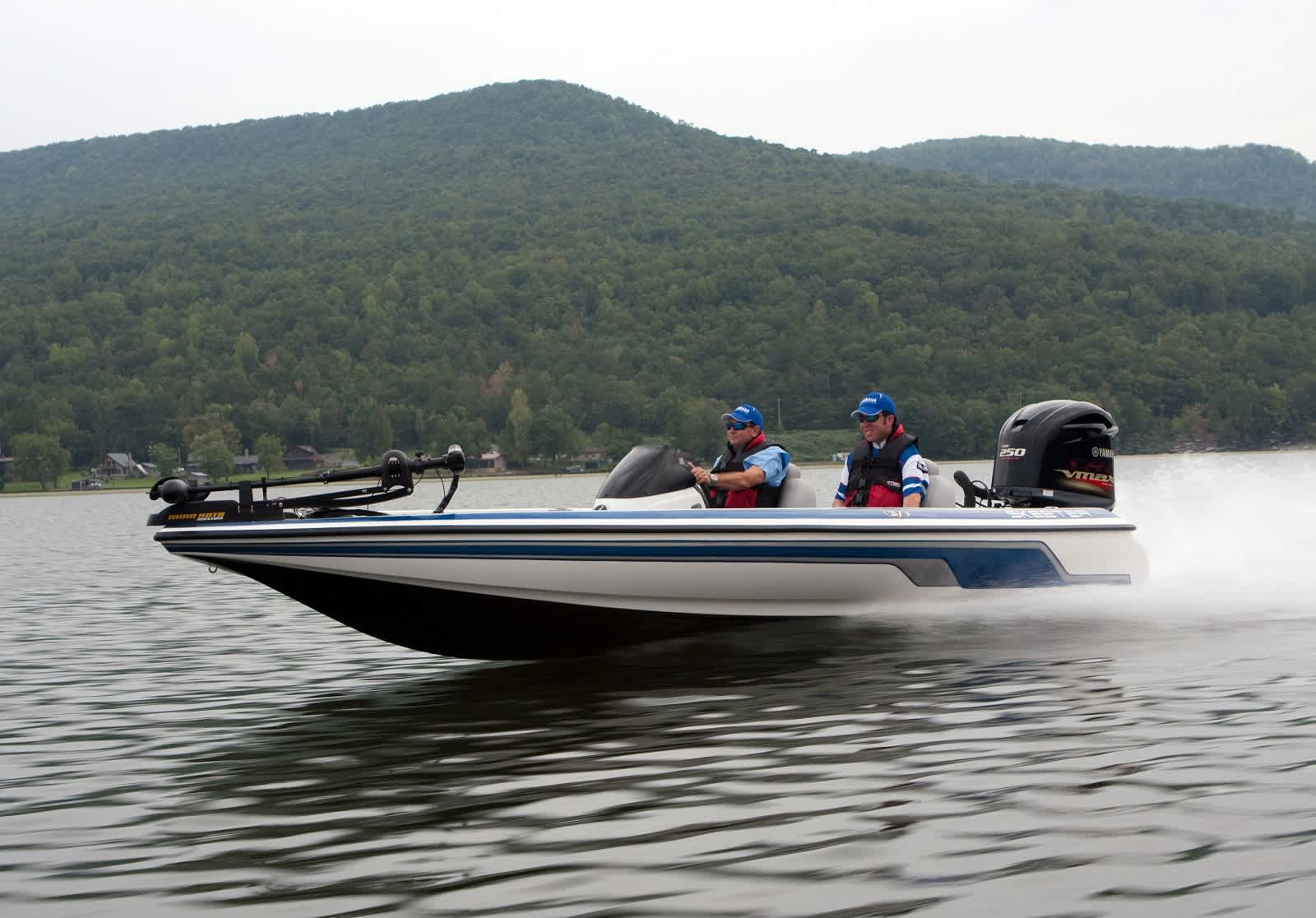Fishing Boat Fuel Storage Tips
Dan Armitage 11.26.13

After launching the family boat for the first fishing trip of the spring a few years back, one minute we were zipping toward the fishing grounds at cruising speed, and the next we were off-plane and I was barely able to keep the outboard at idle as it labored to turn an erratic 500 rpm. By pumping the fuel line’s primer bulb, for a while I was able to feed the fuel pump just enough juice to keep the engine running, but eventually even that didn’t work and I sat bobbing in the suddenly-silent craft.
After a several minutes I tried the engine again and it fired, ran well for a minute or two, and then died as before. It took three more of these start-and-stop sessions to get me back to the ramp, where I loaded the boat on the trailer and took it to my friend’s shop.
He called the next day to say that he had drained the boat’s fuel tank and found not only water in the gas but rust particles from the boat’s internal metal tank clogging the screen on the fuel line’s intake hose. He said that what was occurring the previous day was the line would suck the grit-laced gas for a while until the particles clogged the mesh and choked off the fuel supply. When the engine shut down and there was no more pressure from the fuel pump pinning the pieces to the mesh, they would fall away from the filter. Each time I tried the engine again, enough fuel would be sucked into the system to get the engine going for a few minutes before the screen would clog with the suspended particles and choke the system once more.

My friend explained that the tank had probably deteriorated due to off-season neglect, which had allowed condensation to occur and water to form inside the tank. That water not only diluted the gas it contained, but began to corrode the metal tank’s interior. When he asked me if I had added stabilizer to the fuel before putting the boat away at the end of the previous season, I was able to answer an honest “yes.” I didn’t mention anything about having to add a dozen gallons of fresh gas to top off the 24-gallon tank, which had been only half-full during the six-month off-season layover.
He recommended replacing the tank with a plastic one, which I did, and never had another problem. I also neglected to both stabilize and top off the fuel tank at the end of the season, and made a note to myself to avoid metal gas tanks in the future.
Boaters actually have two choices for properly preparing their boat’s fuel systems for extended periods of non-use or storage during the off-season. You can pump or drain it dry or simply run the engine until it burns the fuel remaining in the tank.
The other fuel storage strategy is topping off the tank with fresh gasoline and treating it will fuel stabilizer, which will combine to reduce the chance of water accumulating in the tank from condensation and treat the gas with additives to help keep it from deteriorating over time. You also want to close the fuel tank’s ventilation cap—not only during long term storage, but any time a tank is not being used to feed a fuel system. Venting a fuel tank for extended periods can allow combustible vapors to accumulate in the vicinity of the tank, which in an enclosed area can be dangerous.
When putting the boat away for an extended period of time, you should check the fuel tank for any obvious signs of stress or leaking, and make sure that all the gaskets are intact, whole, flexible, and working. Ditto the fuel lines and primer bulb. Do all this stuff now, and you won’t risk missing it on that first warm weekend of spring, when you’ll be in a hurry to launch the boat and go fishing.

